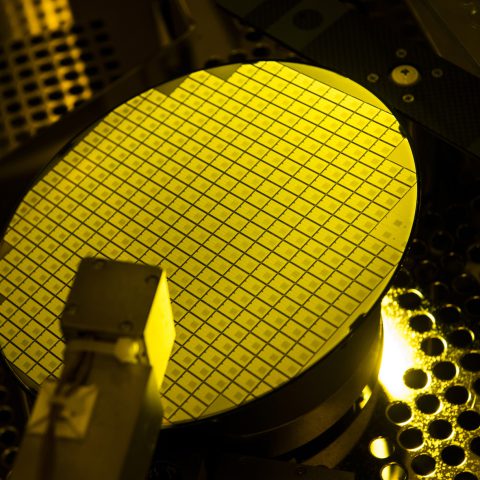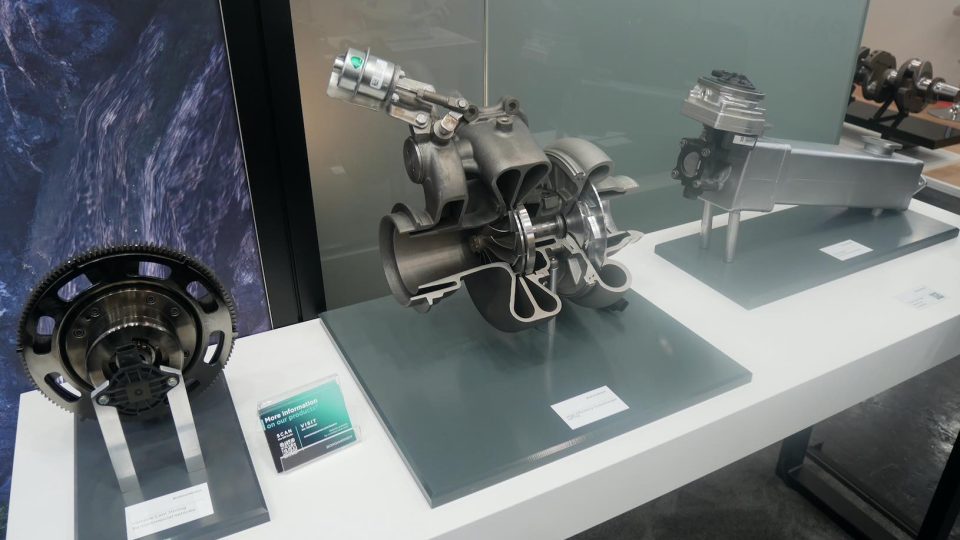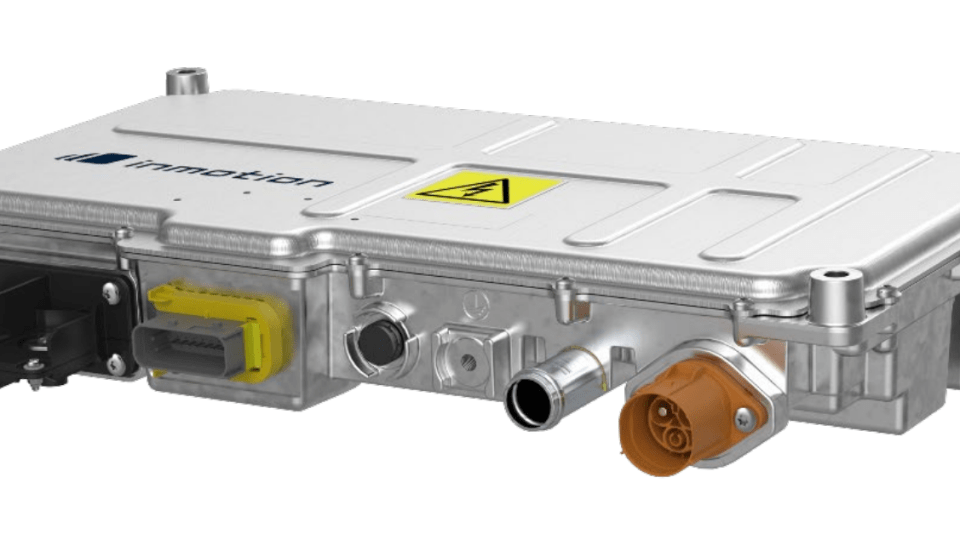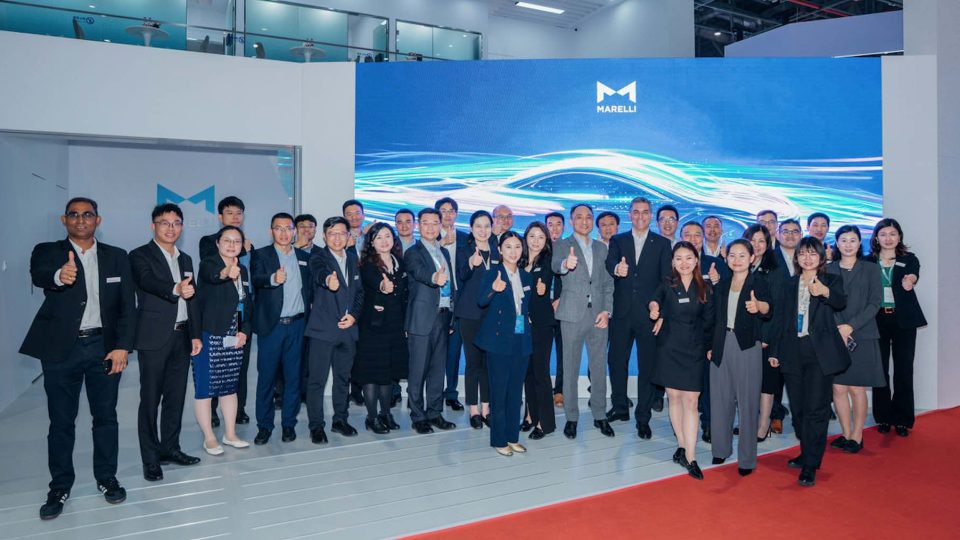ZF signs supply agreement with ST Microelectronics
ZF gains a leading supplier for silicon carbide technology to reliably fulfil electromobility orders worth more than €30 billion. ST’s silicon carbide devices will be integrated in ZF’s future inverter platform, going into series production in 2025

From 2025 ZF will purchase silicon carbide devices from ST Microelectronics, a global semiconductor leader serving customers across the spectrum of electronics applications. Under the terms of the multi-year contract, ST will supply a volume of double-digit millions of silicon carbide devices that will be integrated in ZF’s new modular inverter architecture going into series production in 2025. ZF will leverage ST’s vertically integrated silicon carbide manufacturing in Europe and Asia to secure customer orders in electromobility.
“With this strategically important step, we are strengthening our supply chain to be able to securely supply our customers. Our order book in electromobility until 2030 now amounts to more than 30 billion euros. For this volume, we need several reliable suppliers for silicon carbide devices,” said Stephan von Schuckmann, member of the ZF Board of Management responsible for electromobility as well as materials management. “In ST Microelectronics, we now have a supplier whose experience with complex systems meets our requirements and who, above all, can produce the devices in exceptionally high quality and at the required quantities.”
With this agreement, ZF has gained a world-class supplier for silicon carbide technology in addition to ZF’s existing partnership agreement on silicon carbide technology announced in February.
“As a vertically integrated company, we are investing heavily to expand capacity and develop our silicon carbide supply chain to support our global and European customer base across automotive and industrial sectors, as they pursue electrification and decarbonization targets,” said Marco Monti, President Automotive and Discrete Group of STMicroelectronics. “The key to success in electric vehicle technology is greater scalability and modularity with increased efficiency, peak power and affordability. Our silicon carbide technologies help deliver these benefits and we are proud to work with ZF, a leading automotive supplier for electrification, to help them differentiate and optimize the performance of their inverters.”
ST will manufacture the silicon carbide chips at its production fabs in Italy and Singapore with packaging of the chips into STPAK, an advanced package, and testing at its back-end facilities in Morocco and China.
ZF, ST Microelectronics and the importance of silicon carbide
ST will supply ZF from 2025 with double-digit millions of third generation silicon carbide MOSFET devices. ZF can connect a variable number of such devices together to match customers’ performance requirements without changing the design of the inverter. Among others, ZF will use the technology in inverters for vehicles of a European car manufacturer whose production start is planned for 2025.
The inverter is the brain of electric drivetrains. It manages the flow of energy from battery to e-motor and vice versa. Inverters have become more efficient and more complex with every development step. The combination of the inverter design and the semiconductors, like silicon carbide, is the key to improving electric vehicle performance. Silicon carbide devices significantly reduce power losses in electric car inverters, as well as in wind turbine and photovoltaic inverters. Devices made with silicon carbide have decisive advantages over conventional silicon-based products, such as higher efficiency, power density and reliability. At the same time, they enable smaller and more cost-effective system designs. Simply put, an electric vehicle charges faster, drives further and has more space when equipped with silicon carbide-based semiconductors.











